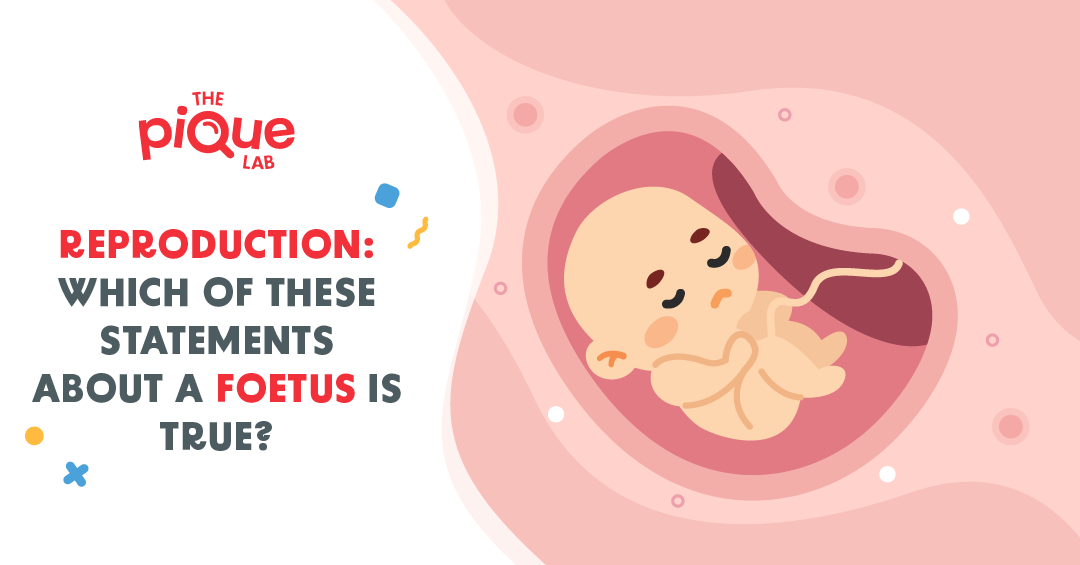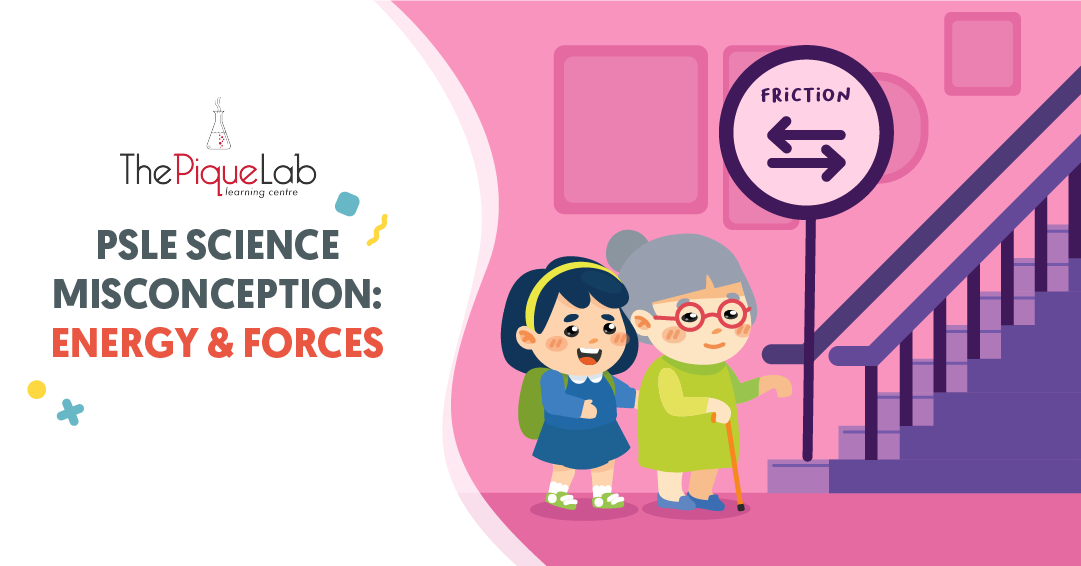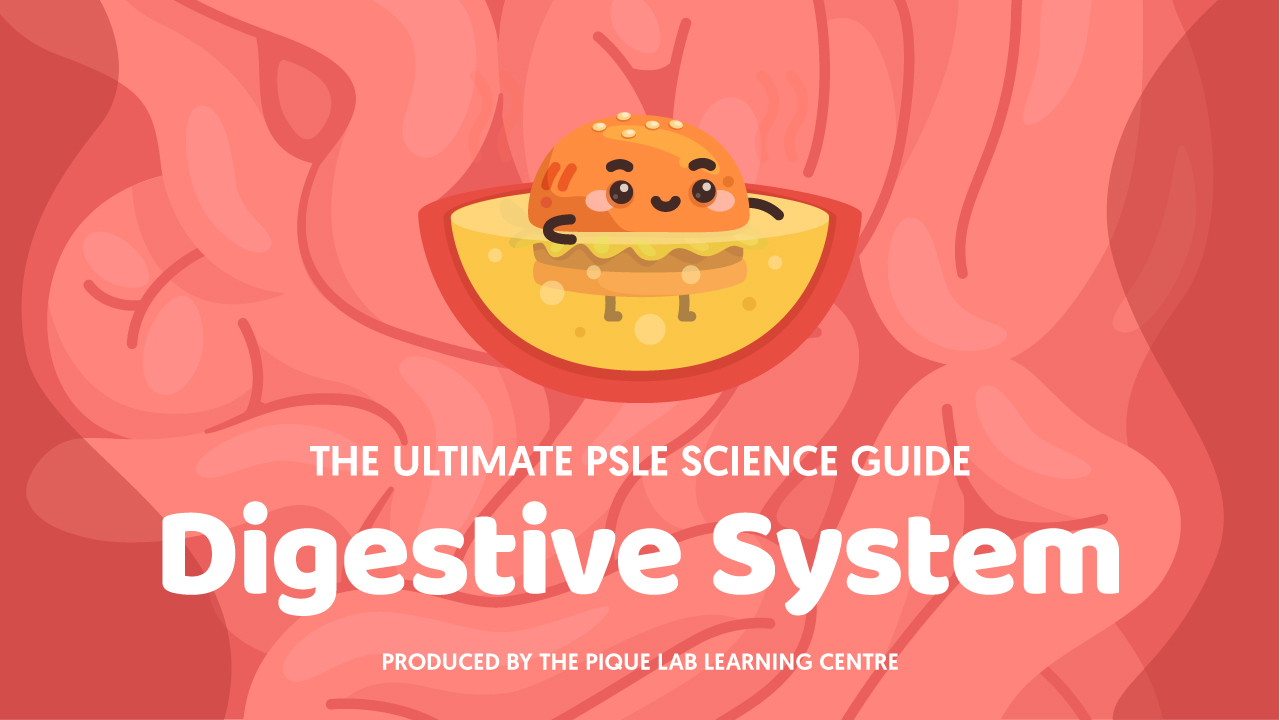Introduction
You may often see the term ‘foetus’ in Reproduction In Humans questions. Besides knowing the term, you must know how it develops and the processes it goes through in the mother’s womb.
To help you grasp the key concepts related to the foetus, I will be analysing an examination question on the topic of Reproduction from the 2013 Nan Hua Primary School (NHPS) P5 SA2 Examination Paper.
Let’s Take A Look At This Question

Source: Nan Hua Primary School (NHPS) – 2013 P5 SA2 Examination Paper [Q13]
Before we analyse this question, I would like you to take some time to choose your answer. Once you’ve chosen an answer, let’s continue!
Read Also:
Thought Process
Before looking at the statements, let us first define the keyword and understand the diagram.
👶🏼 What is a foetus? 👶🏼
A foetus refers to the baby developing inside the mother’s womb (not stomach!) for nine months
Now that we’re clear on these facts, let’s look at the statements to find out which is true.
1️⃣ Foetus Develops In Mother’s Womb For 12 Months
While it is correct that the foetus does develop in the mother’s womb, as we have discussed earlier, the foetus develops for nine months, not 12 months!
If you have selected this statement as the answer, you may have confused a typical birthday celebrated every 12 months (1 year) and the usual pregnancy period of 9 months!

2️⃣ Foetus Does Not Carry Out Life Processes Until Mother Gives Birth To Him
If this statement is true, it means that we are trying to say that the baby does not carry out any life processes such as respiration.
This also means that we are trying to say that the baby is a non-living thing! But is this correct? No, the baby is a living thing!
Since the foetus is a living thing, the cells in the body would need to carry out life processes such as respiration while developing in the mother’s womb.
Other life processes that the foetus carries out include cell division. It occurs when the cells of the baby divide and become more in number, allowing the baby to grow in the mother’s womb.
Therefore, this statement is also false as the foetus does carry out life processes while developing in the mother’s womb.

3️⃣ Foetus Has Cells Containing Genetic Information From His Mother & Father
The foetus developed from the fertilised egg, but how did the fertilised egg come about?
The fertilised egg came from the process of fertilisation where the sperm fuses with the egg.
Where did this sperm come from? Did it come from the male or the female parent? The sperm comes from the male parent, the father!
Where did the egg cell come from? It came from the mother!
We know that the sperm carries genetic information from the father and the egg carries genetic information from the mother.
And which part of the cell is genetic information stored?
The genetic information is stored in the nucleus! It contains genetic information which is passed down from one generation to another.
When the nucleus of the sperm and the nucleus of the egg fuse in the process of fertilisation, the fertilised egg would contain genetic information from both the father and the mother. After which, the fertilised egg then develops into a foetus.
Therefore, the statement in (3) is true!
Let’s move on to the last statement to confirm our answer. Let’s understand why some students pick statement (4) as their answer even though the statement is wrong.
4️⃣ Foetus Developed From Fertilised Egg Produced By Ovary Of Mother’s Reproductive Organ
It’s true that the foetus developed from a fertilised egg. However, did this fertilised egg come from the ovary of the mother’s reproductive organ?
No! Remember that the ovary releases egg cells. But are the egg cells fertilised yet?
No, the egg cells released by the ovary of the mother are unfertilised as they have yet to fuse with the sperm in the process of fertilisation. The unfertilised egg only becomes a fertilised egg when the sperm fuses with it during fertilisation.

This statement is wrong because the fertilised egg is not produced by the ovary.
Suggested Answer
Option (3).
Conclusion
After reading this article, I hope that you have gained a recap on what a foetus is, how the foetus develops and the processes the foetus goes through in the mother’s womb. As I’ve mentioned earlier, some students may choose option (4) as their answer as they might not have read the statement carefully.
Do take note to read each statement carefully so that you don’t make the mistake of choosing the wrong answer, even if you are familiar with the different Reproduction concepts!
Stay tuned for our upcoming articles on how to tackle other interesting Science questions!

If you like our methodology, we've some upcoming workshops:







